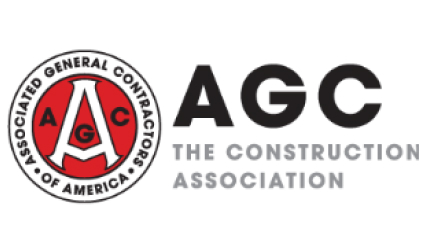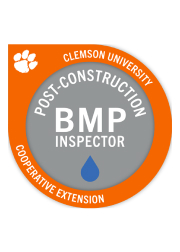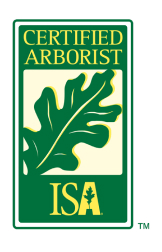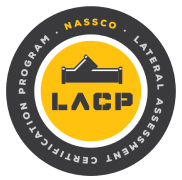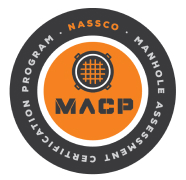Riparian Habitats
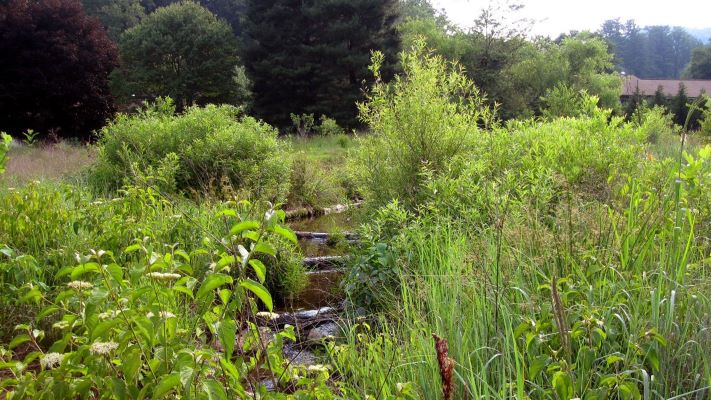
What are Riparian Habitats?
Riparian habitats describe the land and vegetation along the bank of a river or stream. Connecting the aquatic environment to the terrestrial environment, these zones provide important habitats for wildlife, limit erosion and help to mitigate flooding events.
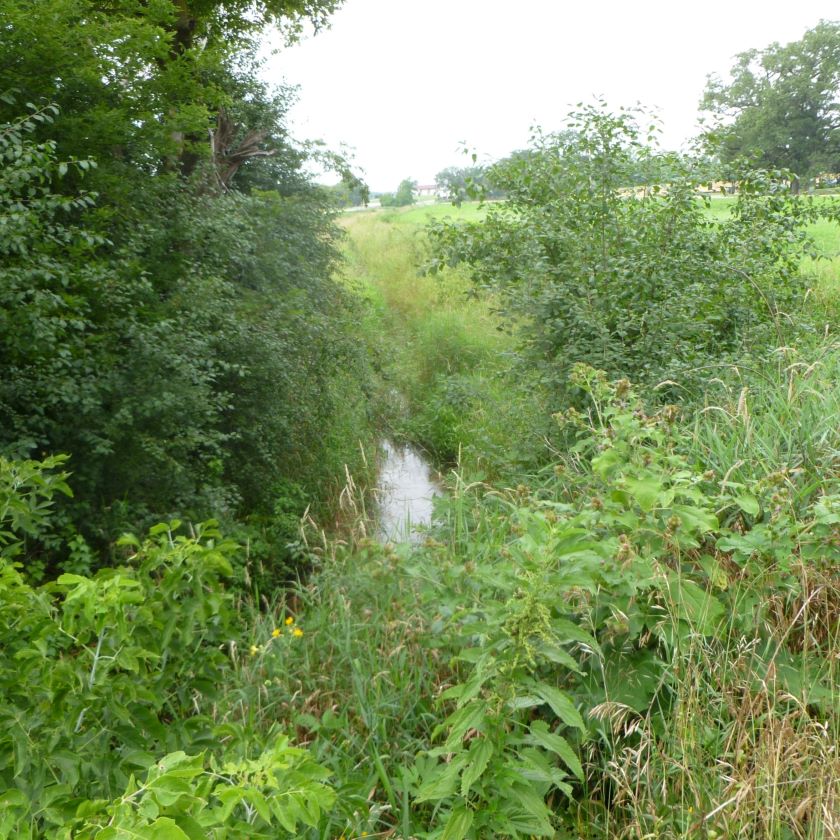
Benefits of Riparian Habitats
Riparian habitats provide water protection, water conservation and stormwater quality benefits. Heavy vegetation provides cover and food for native animals and slows runoff in these areas, helping to reduce flooding downstream. Riparian areas act as a buffer protecting water quality via settling, filtration and pollutant uptake by native and non-invasive vegetation.
Benefits Include:
Flood Control
Reduced Erosion
Pollutant Removal
Reduced Runoff
Groundwater Recharge
Increased Water Quality
Increased Biodiversity
Low Maintenance
Natural Habitats
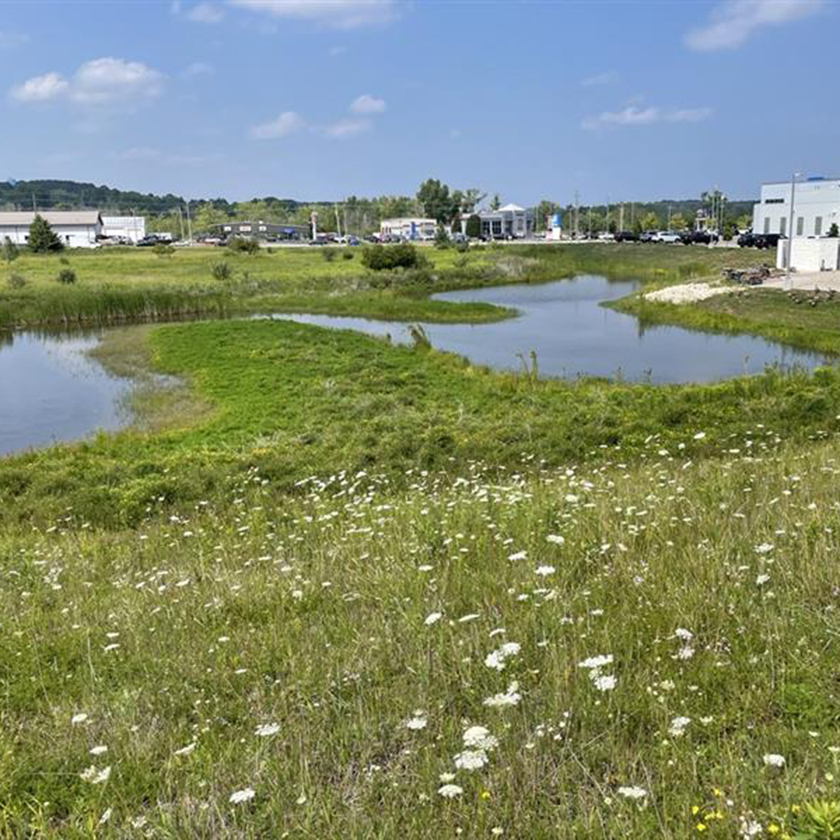
Learn more about this 4.7-acre project designed to capture, treat and store 1.86 million gallons of stormwater annually.
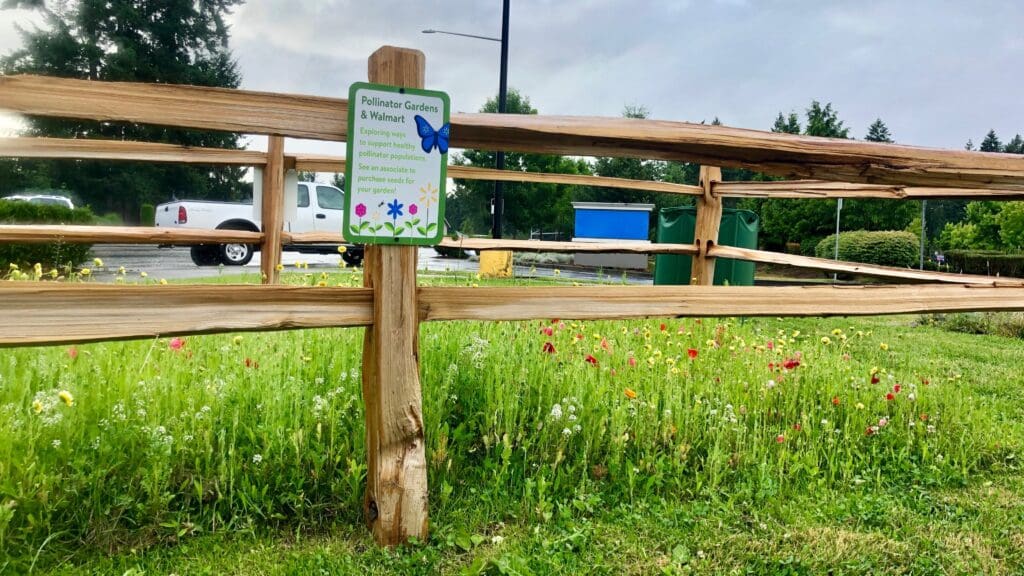
Learn more about designing a Regional or Watershed-wide Green Stormwater Infrastructure (GSI) Plan to meet local or regional water quality and flood risk reduction goals, that ensure long-term considerations for maintenance.
Riparian Habitat Management Solutions
Before we develop a plan for your property, an AQUALIS consultant will perform an initial site assessment to determine your stormwater management needs. Based on the information collected from this visit and our best practices, we will develop a plan that fits your site’s needs with the highest compliance at the lowest cost.
As the green stormwater infrastructure experts, AQUALIS has significant experience in the rehabilitation and long-term maintenance of riparian habitats. We can also assist with the development and implementation of your riparian habitat management plan. Developing a management plan is necessary to ensure efficiency of the area with optimal pollutant removal and degradation prevention by removing any debris or invasive plant species. Partner with a professional today to properly maintain these assets and ensure optimal performance.
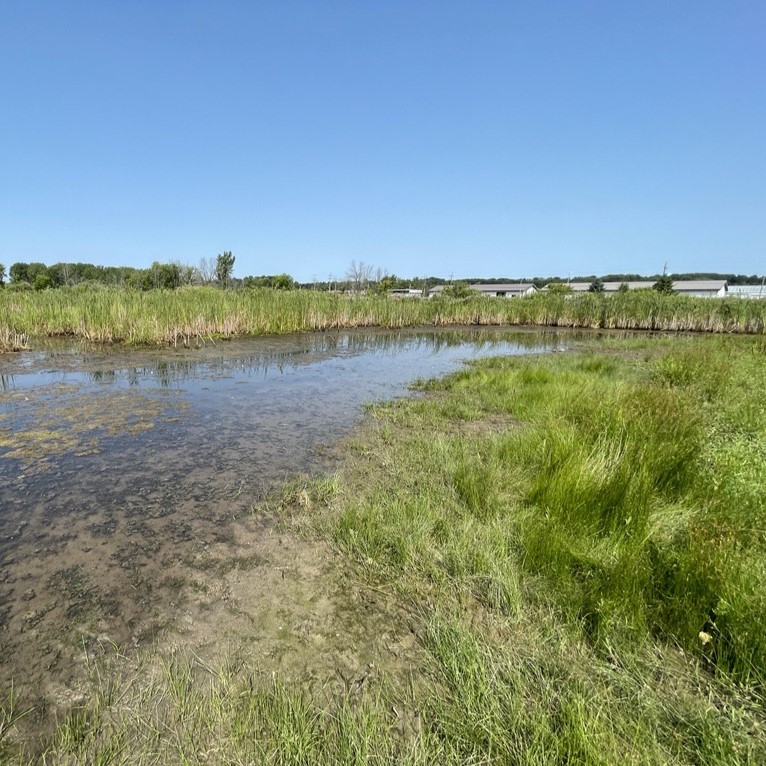
Prolong The Life of Your Stormwater System
AQUALIS provides development and restoration beginning with a thorough site assessment to analyze existing conditions. Utilizing hydrologic calculations, our Engineering Services Division can best understand the water flow and movement before and after implementation. Working directly with local regulators, AQUALIS will ensure your project complies with local and federal regulations while securing funding. Following best practices, regular inspections and testing and developing a long-term operations and maintenance agreement ensures your project properly manages stormwater for years to come.
Additional Green Infrastructure
An alternative stormwater control measure that closely emulates a naturally occurring wetland therefore improving our water bodies.
A type of bioretention that is best suited for smaller sites to treat stormwater runoff.
An alternative to traditional asphalt or concrete, permeable or porous pavement materials are designed to allow water flow around them into a stone media, or through the pavement.
Soil amendments are applied to improve soil performance, increase water absorption to allow vegetation to develop a desirable deep and healthy root system.
Bioretention Remediation- Salisbury, MD.
During a regular inspection, the City of Salisbury found the bio cells in disrepair and issued a Notice of Violation (NOV) to the property owner.
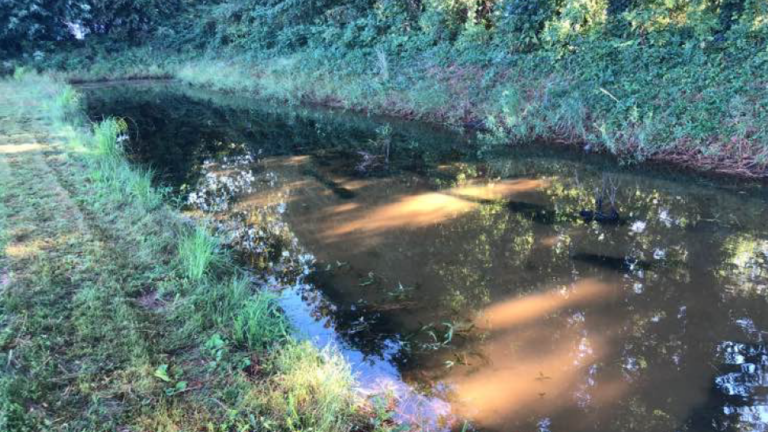
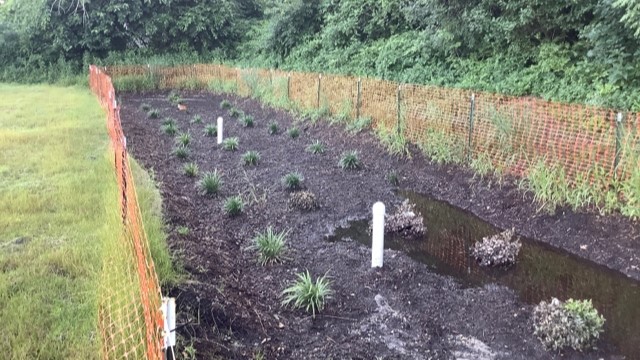
Did you receive an NOV? Have an urgent need? We can help.
Reach out to an AQUALIS representative today.




